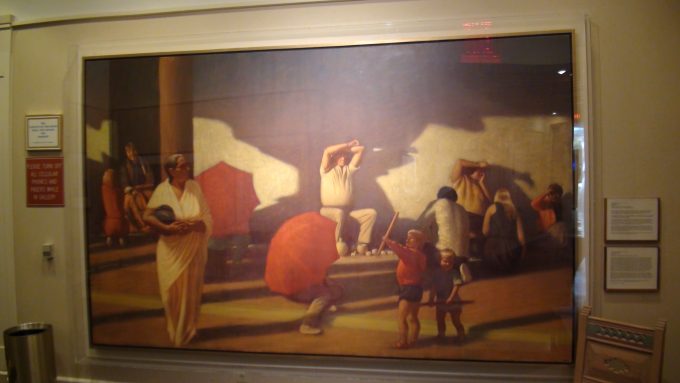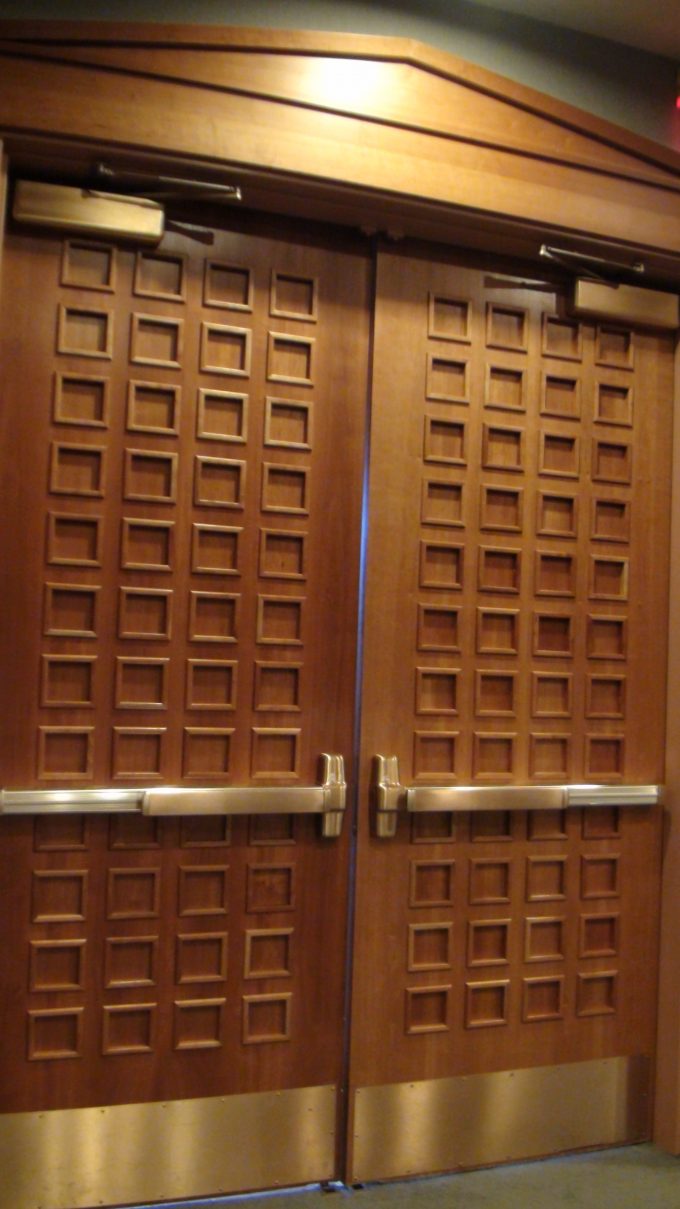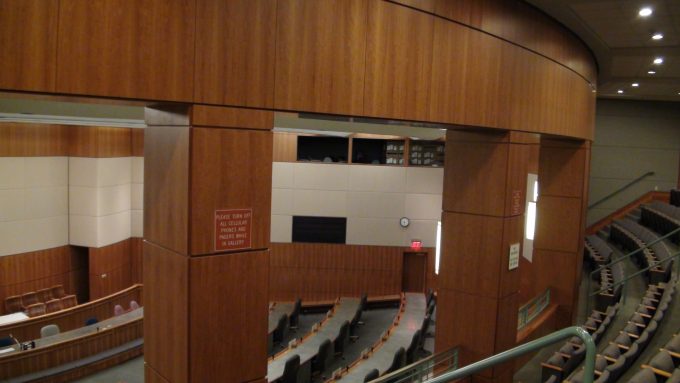
Thursday, 10 January 2019
Then likewise he sprinkled with blood both the tabernacle and all the vessels of the ministry. Hebrews 9:21
After receiving the covenant from God, Moses slaughtered an animal and sprinkled the blood on the altar which had been erected. After that, he read the Book of the Covenant in the hearing of the people. Once that was completed, the people proclaimed, “All that the Lord has said we will do, and be obedient” (Exodus 24:7). From there, he sprinkled the blood on the people, thus binding them to the words they uttered.
In this verse, it is noted that Moses likewise “sprinkled with blood both the tabernacle and all the vessels of the ministry.” It is not explicitly noted in Moses’ writings that the tabernacle (literally, the tent) was sprinkled with blood. It was, however, sprinkled with anointing oil as is indicated in Exodus 40. In Exodus 29, it is seen that, for the consecration of Aaron and his sons, they and their garments were to be sprinkled with the oil and with the blood that was on the altar as well. Thus, it was probable that the same procedure with blood was a part of the Exodus 40 sprinkling, though not specifically mentioned –
“And you shall take the anointing oil, and anoint the tabernacle and all that is in it; and you shall hallow it and all its utensils, and it shall be holy. 10 You shall anoint the altar of the burnt offering and all its utensils, and consecrate the altar. The altar shall be most holy. 11 And you shall anoint the laver and its base, and consecrate it.” Exodus 40:9-11
A great deal of work went into making all of these things, and many of them were made of fabric which was extremely beautiful, such as the garments of Aaron and his sons. Here is a part of their description –
“And these are the garments which they shall make: a breastplate an ephod, a robe, a skillfully woven tunic, a turban, and a sash. So they shall make holy garments for Aaron your brother and his sons, that he may minister to Me as priest. 5 They shall take the gold, blue, purple, and scarlet thread, and the fine linen, 6 and they shall make the ephod of gold, blue, purple, and scarlet thread, and fine woven linen, artistically worked. 7 It shall have two shoulder straps joined at its two edges, and so it shall be joined together. 8 And the intricately woven band of the ephod, which is on it, shall be of the same workmanship, made of gold, blue, purple, and scarlet thread, and fine woven linen.” Exodus 28:4-8
The actual detail of the workmanship in these garments goes on for many more verses. After all of this care and attention, Moses sprinkled them with blood. This would have permanently stained those things which were made of fabric. This was a lesson that everything on earth was tainted at the fall, including the people. Therefore, to symbolize their corrupt nature and their need for atonement, they were sprinkled with blood to symbolically purify them.
This is actually what Peter is referring to in the opening words of his first epistle –
“Peter, an apostle of Jesus Christ,
To God’s elect, exiles scattered throughout the provinces of Pontus, Galatia, Cappadocia, Asia and Bithynia, 2 who have been chosen according to the foreknowledge of God the Father, through the sanctifying work of the Spirit, to be obedient to Jesus Christ and sprinkled with his blood:
Grace and peace be yours in abundance.” 1 Peter 1:1, 2
Life application: What does God see when He looks at you? If He sees you without the covering of Christ’s sacrifice, He looks upon you in wrath, because – by your very nature – you are a child of wrath. But if He looks upon the blood of His Son sprinkled on you, then you have moved to a propitious place of favor! As those things of the Old Covenant only anticipated Christ, why would anyone consider going back under it? The blood which was sprinkled was only effective in how it looked forward to Calvary’s cross. The law, which included the sprinkling of animal blood, did nothing to truly cleanse the people. Only in Christ does that occur.
O God, Your word says that the blood of Jesus can cleanse our souls. It can take away all stain of sin. Now we can stand righteous in Your presence, but not because of our own goodness. Rather, it is because of the righteousness of Christ. It is in Christ alone that we are washed and cleansed! Thank You for Christ Jesus our Lord. Amen.




